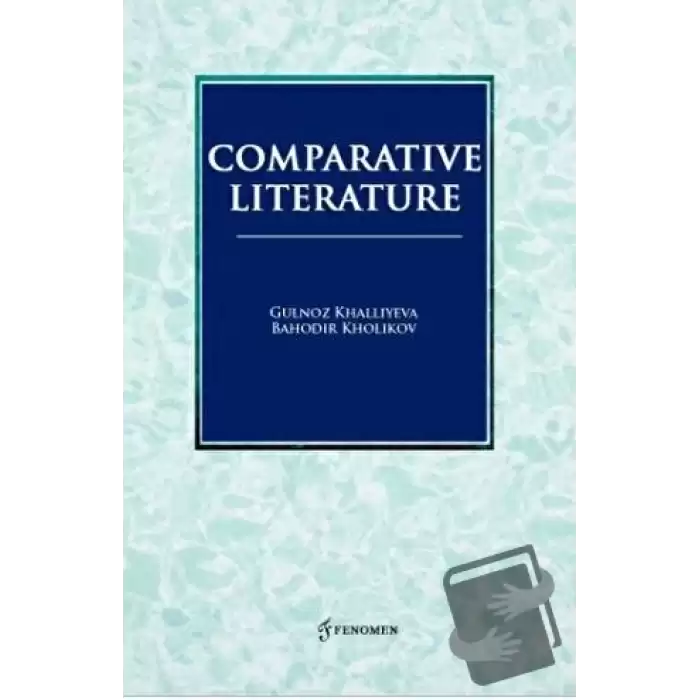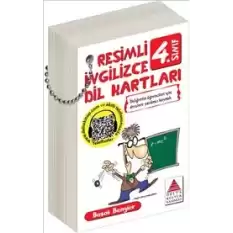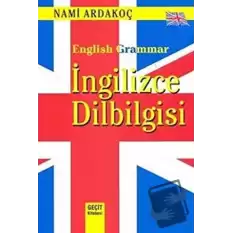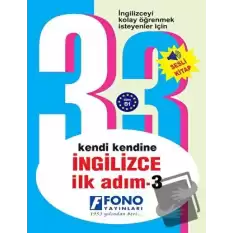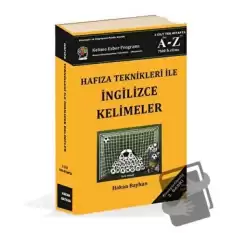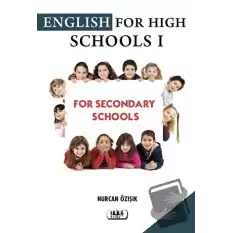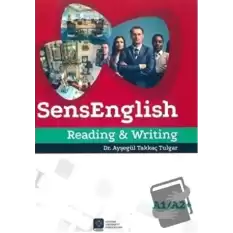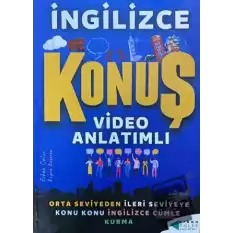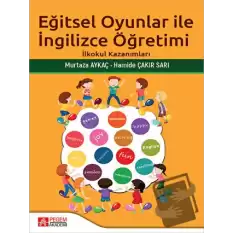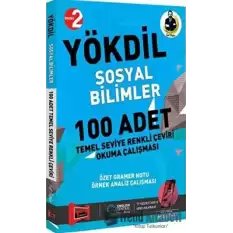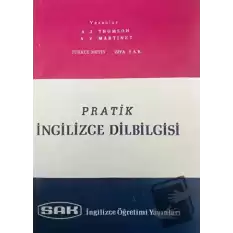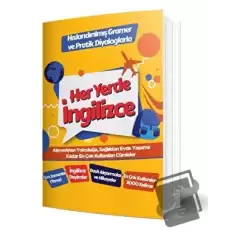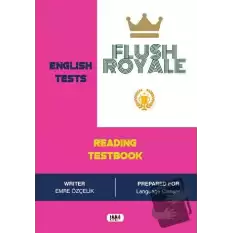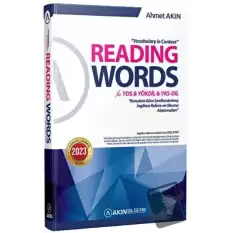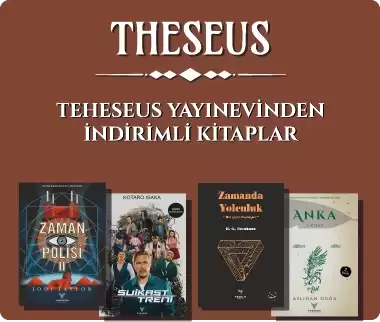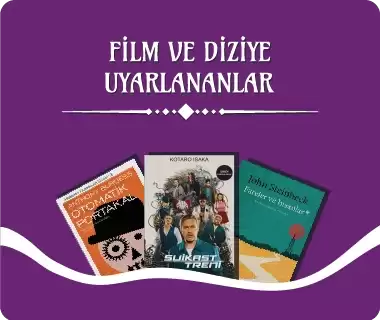Goals and objectives of the research
Comparative literature or literary comparative studies is a branch of science based on the comparison of two or more literary phenomena. The future of comparative literature is one of the greatest directions of science of our time, when international social, cultural and literary relations are developing day by day.
Any comparative study identifies common and specific aspects of literary phenomena, which serve as the basis for the emergence of general theoretical laws between literatures.
The purpose of the research is to provide students, master's students and all researchers with theoretical information about the methodology of comparative studies, comparative literature, to explain the methods of comparative research of works of art, and to improve their knowledge in this area. In addition, "the purpose of comparative literature is to determine the typological and genetic nature of literary events (visual aids, works of art, literary heritage of writers, literary schools, genres, etc.), regardless of whether it is a historical phenomenon or a specific historical fact and to demonstrate the internal laws that apply to a literary event"1.
The object of research is the comparative historical method and its founders, the basic concepts; macro and micro compatibility; it aims to provide as much theoretical knowledge as possible about East-West literary relations, translation criticism, criteria for comparative analysis of a literary text, and to develop in researchers the ability to compare and contrast literary events. During the study of this subject, students, master's students and researchers:
- will be able to explain the methodology of comparative research and its basic concepts;
- gain knowledge of the basic literature on comparative literature and their summary;
- have a general idea of the translation, types of translation, translation criticism, a certain knowledge of the comparison of the original and the translation;
- have the necessary skills to identify general and specific aspects of literary events through comparison, and to analyze the issues of poetics, literary relations and literary influence.
Numerous textbooks and manuals on comparative literature, methodology and principles of comparative study of works of art have been created in Europe and Russia. They are devoted to various issues of literary comparativism. However, a textbook on Uzbek literature has not yet been created. Also, an integrated theory, a methodology or a specific methodology of comparison have not been developed. No definite conclusion has been reached on the relation and interrelationship of the method of comparison of analysis, synthesis, induction, deduction, and so on. What, when, with what, why can it be compared? Modern theory in Uzbek literature has not provided complete and clear answers to such questions.
D. Bahronova's textbooks in Spanish, A. Kasimov, A. Hamrokulov, S. Khodjaev's textbook done by cooperation in Uzbek can be considered as the first step in this direction.2 These manuals cover the stages of development of the industry, the main types of literary communication and issues of comparative analysis.
Despite the fact that every year in Uzbekistan conducts dozens of scientific studies in the field of "Comparative Literature, Comparative Linguistics and Translation Studies" (10.00.06), the issue of creating a teaching resource remains relevant. As a result, without a good mastery of the methodology of comparative literature, scientific work occurs, which affects the overall level of research in the field of comparative studies.
It is for this purpose that we found it necessary to create a textbook, in which we focused on the methodology of comparative literature. In addition, the essence of comparative literature in Uzbekistan to show vivid examples a list of enhanced scientific papers and some examples was given. There was also a brief account of the well-known comparative scholars in world literature and the scientific works they have created.
Of course, in relying on our views, we have relied on the theoretical views of European, Russian and Uzbek scientists who have commented on it before. In particular, the opinions of such scientists as N. Konrad, M. Zhirmunsky, A. Dyurishin, and A. A. Kokorin served as a metatext for us. We therefore express our gratitude to all the scholars who have created the theory and methodology of comparative literature before us.


